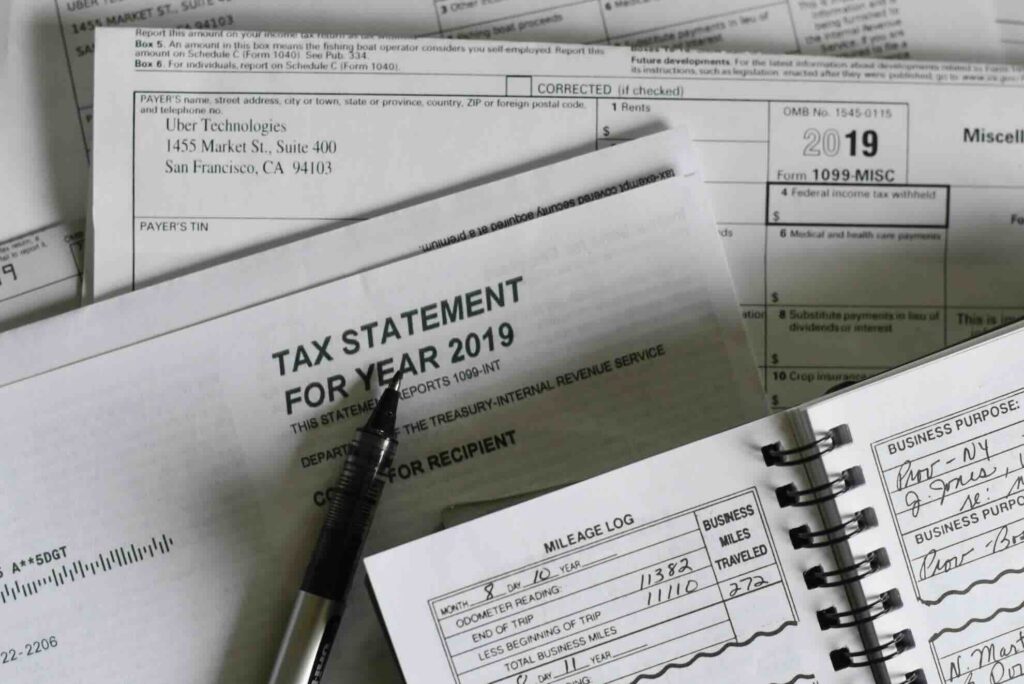Table of Contents
IRS Notice LT 11: Intent to Levy
If you owe taxes to the Internal Revenue Service you have likely received many notices. While some notices issued by the IRS may be more benign in nature, certain notices issued by the IRS require immediate attention. One such notice that should require immediate attention is the notice LT 11. This article has been prepared by a tax attorney to provide additional information relating to Notice LT 11 from the IRS and the options a taxpayer has if or when an LT 11 is issued by the IRS.
If you’ve received Notice LT 11 and you have questions, get in touch with us to discuss your situation.
What is Notice LT 11?
An LT 11 is a final notice of intent to levy that is issued by the Internal Revenue Service. The LT 11 is issued after the Internal Revenue Service has issued multiple notices to the taxpayer on a tax balance due and the taxpayer has not satisfied the tax debt or has not established a formal agreement with the IRS.
What Does the Notice LT 11 Mean?
The LT 11 is issued by the IRS as part of the due process afforded to the taxpayer when a tax balance is due. The LT 11 tells the taxpayer that the tax balance needs to be paid, a formal agreement entered into or a hearing requested by the taxpayer to prevent enforcement action such as bank levies, wage garnishments or the seizure of assets by the IRS to collect the past tax due. The LT 11 explains that if action is not taken, the taxpayer will be legally open to enforcement action by the IRS on the past due tax balances.
Who Issues the LT 11 or How is the LT 11 Issued by the IRS?
The Notice LT 11 can be issued by automated collection even if a revenue officer is not assigned to your case. The Notice LT 11 can also be issued by an acting revenue officer if a revenue officer has been assigned and is generally one of the first notices issued to the taxpayer if a revenue officer has in fact been assigned to collect on the tax debt. A revenue officer may also issue a Notice 1058, which is a very similar notice to the LT 11 and gives both the taxpayer and IRS similar rights.
Can an LT 11 Be Issued to Both an Individual or Business?
An LT 11 can be issued to either an individual or business depending upon who or what owes the tax liability to the Internal Revenue Service.
What Should I Do If I Have Received an LT 11 From The IRS?
First, you may want to consider speaking with a tax attorney about your tax liabilities and current tax issues. If you owe a relatively small amount and would have no problem paying the tax debt, it could be best to just pay the tax bill and move on, but again, you may want to speak with a tax attorney or tax professional to better understand the situation. If you are unable to pay the tax debt in full, you could establish an installment agreement with the IRS and this agreement would act as a hold on enforcement and thus negate the threat of enforcement the LT 11 is issued for. If you are unable to get under an installment agreement for whatever reason or wish to have more time to consider resolution alternatives, the LT 11 does give the taxpayer the right to request a hearing. The hearing is known as a Collection Due Process Hearing and if filed within 30 days of the date the LT 11 was issued, the hearing request acts as a hold on enforcement for the tax periods stated on the LT 11 under most circumstances.
What Happens if I Request a Collection Due Process Hearing in Response to an LT 11?
If you request a Collection Due Process Hearing, there should be an automatic hold on enforcement for the tax periods stated on the LT 11 that you are requesting the hearing on. The hearing request will be sent to the IRS Appeals Office and you will be contacted by an IRS Appeals Officer. It generally takes 3- 4 months to be contacted by an appeals officer from the date you submit the hearing request. The appeals officer will establish a hearing or conference date whereby you will be able to submit information such as financial information to propose a resolution to the tax liabilities as opposed to the IRS needing to enforce collection of the tax debt through the seizure of assets. If you submit an installment agreement request, the appeals officer can make a determination on the installment agreement proposal. If you decide to submit an offer in compromise, the appeals officer can hold the file in appeals while the IRS Offer in Compromise Unit makes a determination on the offer. After the hearing has been conducted with the appeals officer, the appeals office will issue a determination as to the outcome of the hearing, which will likely state the alternative collection action that has been agreed upon or that an agreement was unable to be reached at that IRS levies and enforcement action is sustained.
What If I Do Not Respond to the LT 11?
If you do not respond to the LT 11 within the 30 days from the date issued, you are open to enforcement action such as bank levies, wage garnishment and the seizure of assets. The IRS would not need to provide you any further notice to seize a bank account, take wages or seize other assets. Thus, it is extremely important to properly respond to the LT 11 and work to have a plan in place to resolve the tax debt or have an agreement established.
If you have received a Notice LT 11 from the IRS, please feel free to contact The McGuire Law Firm to speak with a tax attorney. The tax attorneys at The McGuire Law Firm have responded to many LT 11s issued by the IRS and assisted many taxpayers in resolving their tax liabilities without unnecessary enforcement action by the IRS.





